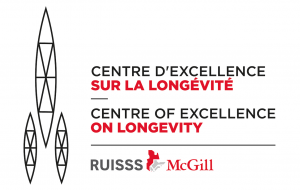Effects of painting sessions on health condition in older, cognitively impaired inpatients.
Background
Older adults are the fastest increasing group of patients admitted to hospitals. Compared to younger inpatients, they tend to suffer from multiple comorbidities and related disabilities, and therefore present a higher disease burden. As hospitals are largely configured for single acute disease care, rather than multiple comorbidities and related disabilities, the treatment of age-related multi-pathologies is one of the main challenges faced by them. Thus, accurately assessing and addressing the needs of the growing number of older inpatients is mandatory.
Inpatients with dementia are highly vulnerable. Compared to non-demented inpatients, they suffer a higher rate of adverse outcomes including mortality, delirium, and longer hospital stays. There are only limited pharmacological options for demented inpatients, and these may incur many adverse effects and the possibility of worsening their illness. Thus, nonpharmacological approaches must be considered in the treatment of these patients: these approaches should always be prioritized and only combined with medication if needed.
Art therapy has been used as a non-pharmacological approach for different types of patients. It showed that positive outcomes from the use of creative arts in therapy could have important value, relatively to patient health and well-being. Conversely, few studies have been published on the effects of art therapy, specifically painting, on inpatients with cognitive decline.
Objectives
- To determine whether GIA painting workshops could reduce 1) the daily number of therapeutic classes taken and 2) in-hospital mortality in inpatients with cognitive impairments
Methods
The design was a prospective, non-randomized, controlled, open, intent-to-treat clinical trial with two parallel arms (Intervention and Control) to be compared (the Intervention received the intervention and the Control group received normal care).
The recruited elderly inpatients (i.e., ≥65) with cognitive impairment were separated in two groups: 1) the Intervention group took part in the GIA painting workshops; and 2) the Control group did not take part in the GIA painting workshops. Both were age and sex matched.
Results
Painting workshops performed with elderly inpatients suffering from cognitive impairment decreased in-hospital mortality.
Painting workshops performed with elderly inpatients suffering from cognitive impairment decreased the amount of medication prescribed upon discharge from the hospital.
Partners
Division of Geriatric Medicine, Jewish General Hospital
DeSerres Group
Users’ Committee, Jewish General Hospital



